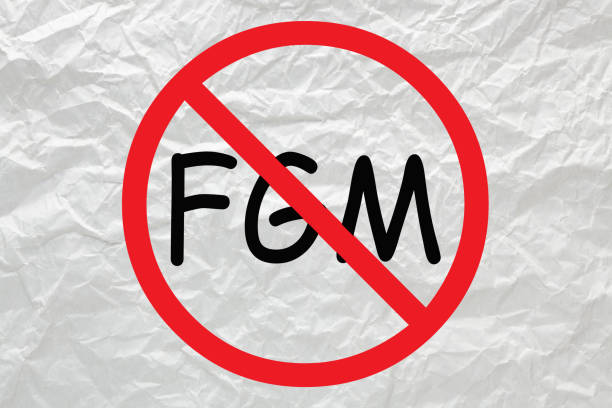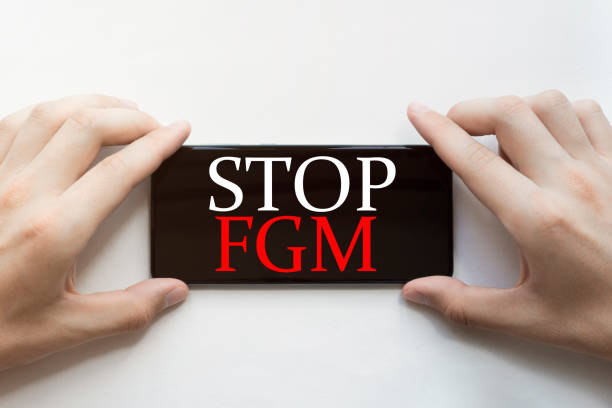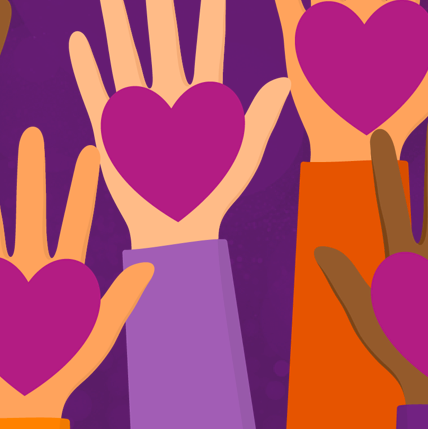The United Nations estimates that eighty percent of Female genital mutilation (FGM) activities happen in Africa, with most cases in Egypt and Ethiopia among many other countries. Interestingly, so many schools of thought have their opinions on how it started but I choose to go the route of culture and belief system, as I strongly think it is the manifestation of gender inequality. This is because our cultural beliefs have played a major role in building our current societies, and have significantly influenced the decisions we make concerning most areas of our lives, including our health. Despite the fact that FGM is an internationally recognized human rights violation, it is still being practiced in certain parts of the world.

What is FGM?
To begin with, I would like to describe what Female Genital Mutilation is. According to UNICEF, “it is all procedures involving partial or total removal of the female external genitalia or other injuries to the female genital organs for non-medical reasons”. Furthermore, the United Nations estimates that 200 million women and girls around the world have undergone FGM, which according to certain cultural and religious beliefs is a prerequisite for marriage or inheritance, while others perform it as a means of controlling girls’ sexuality or safeguarding their chastity, not knowing that there are serious health implications attached to this practice, which includes hemorrhage, shock, infection, and urine retention.
Historically, FGM can be traced back to the era of the slave trade when black slave women entered ancient Arab societies, while some say it began with the arrival of Islam in some parts of sub-Saharan Africa. Others believe the practice developed independently among certain ethnic groups in sub-Saharan Africa as part of puberty rites. However it started, I strongly believe it is against girl-child human rights, and we must put an end to it collectively.
Silencing the voices

Having established the background and health implications attached to this human rights violation, which has no health benefits whatsoever, it is also important to state how to stop it. A lot has been done by several organizations around the world, as we have recorded accelerated progress as regards the elimination of FGM globally. Now, 33% of girls are less likely to be subjected to FGM than she was 30 years ago. Additionally, organizations like UNICEF are supporting the development of policies that are focused on ending FGM.
Going forward, I think we need to develop more advocacy tools for regional and local efforts to end FGM, we need to support the development of policies and legislation, and ensure the availability of adequate resources to end FGM. Finally, we need to strengthen the health sector response by providing training to ensure that health care providers can provide medical care and counseling to girls and women living with FGM and help prevent the practice.
Conclusion
In conclusion, while there are several illogical reasons given for practicing FGM, which come in various forms like: psychosexual, sociological and cultural, hygiene and aesthetic, religious and socio-economic factors, I strongly believe that those reasons aren’t worthy and genuine enough to make one go through such human right violation, which can lead not only to immediate health risks but also to long-term complications that affect women’s physical, mental and sexual well-being.
IVolunteer International is a 501(c)3 tech-nonprofit registered in the United States with operations worldwide. Using a location-based mobile application, we mobilize volunteers to take action in their local communities. Our vision is to create 7-billion volunteers. We are an internationally recognized nonprofit organization and are also a Civil Society Associated with the United Nations Department of Global Communications. Visit our profiles on Guidestar, Greatnonprofits, and FastForward.

